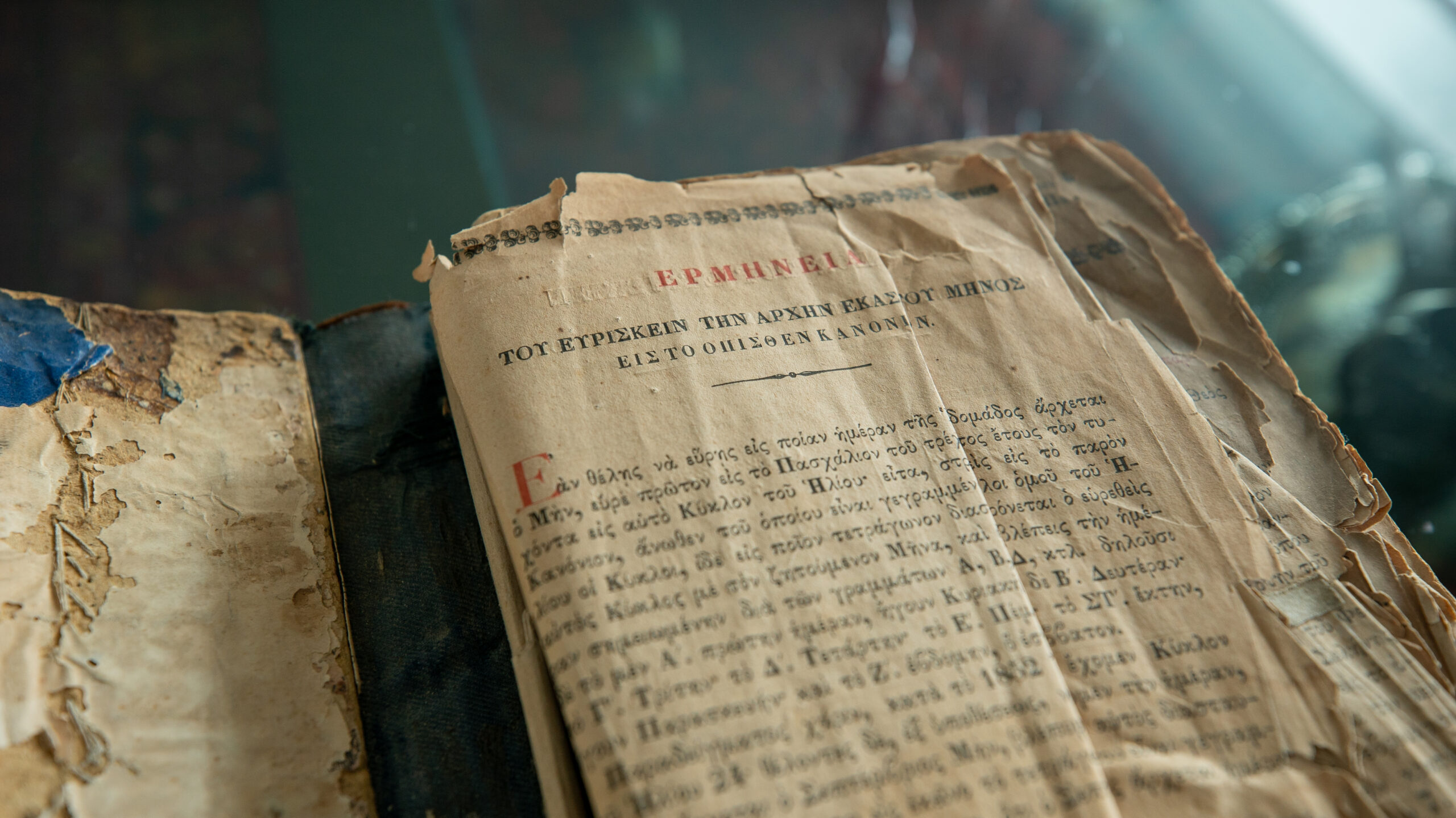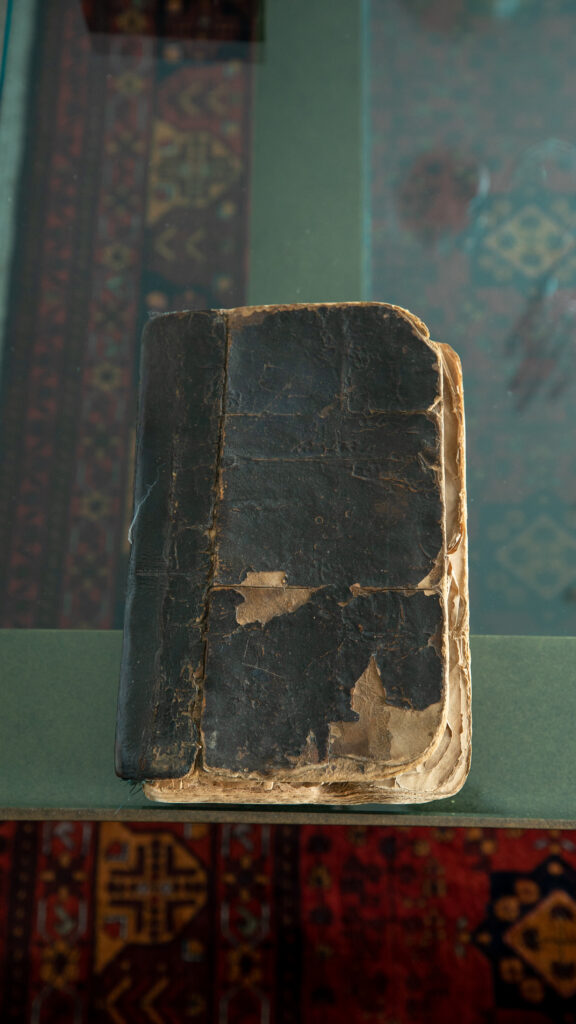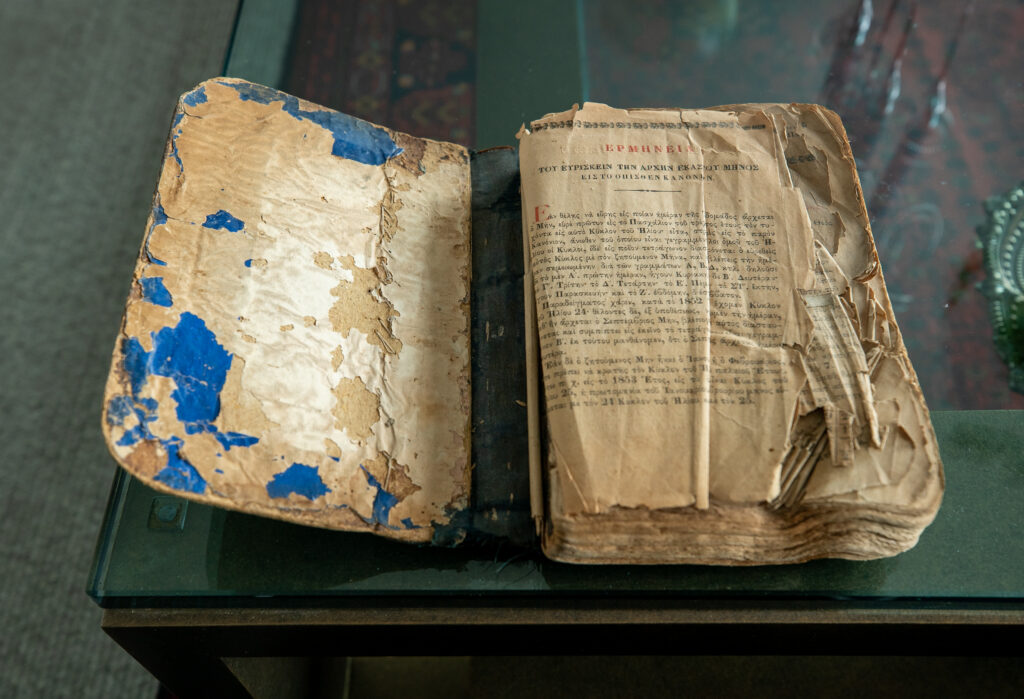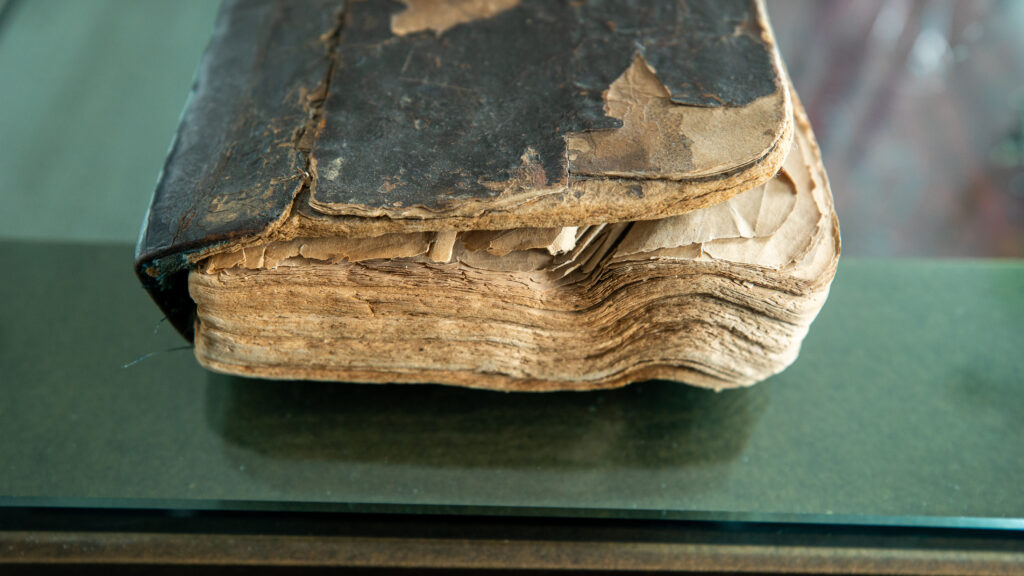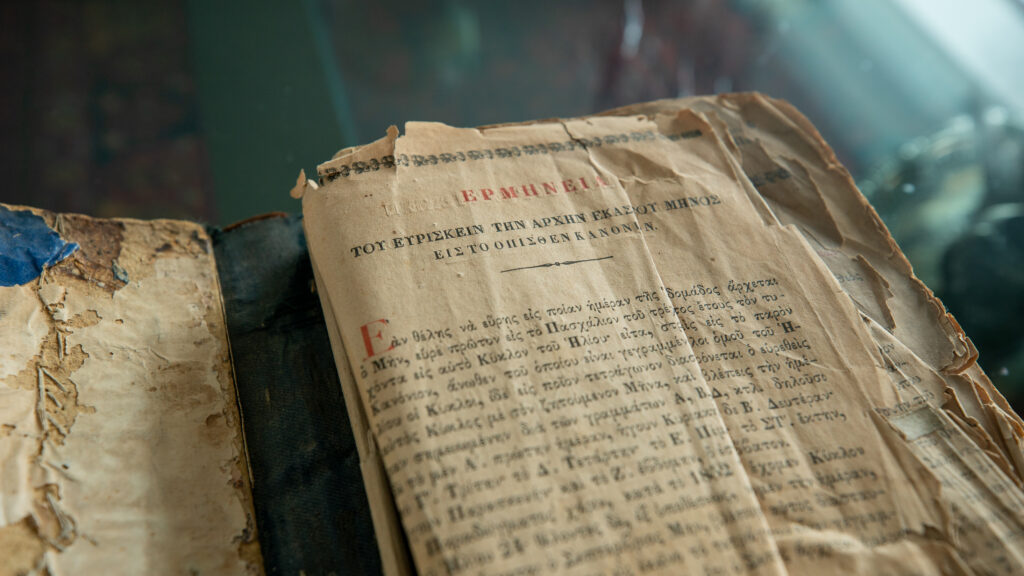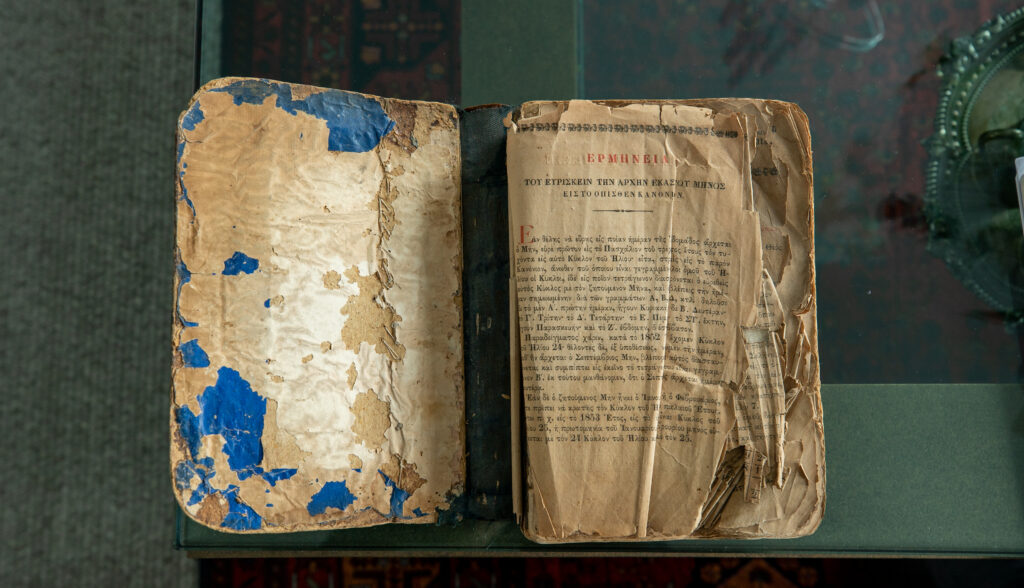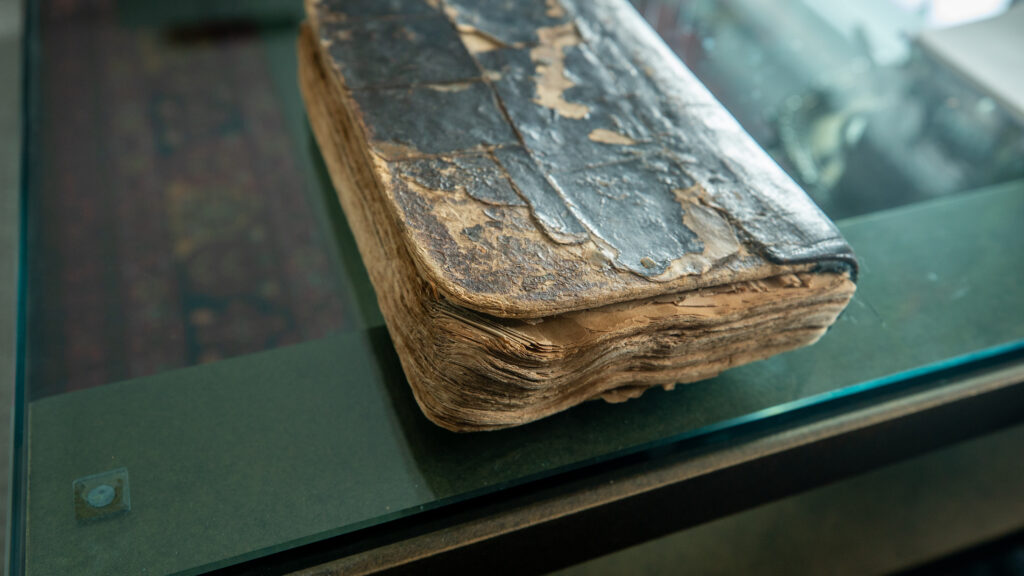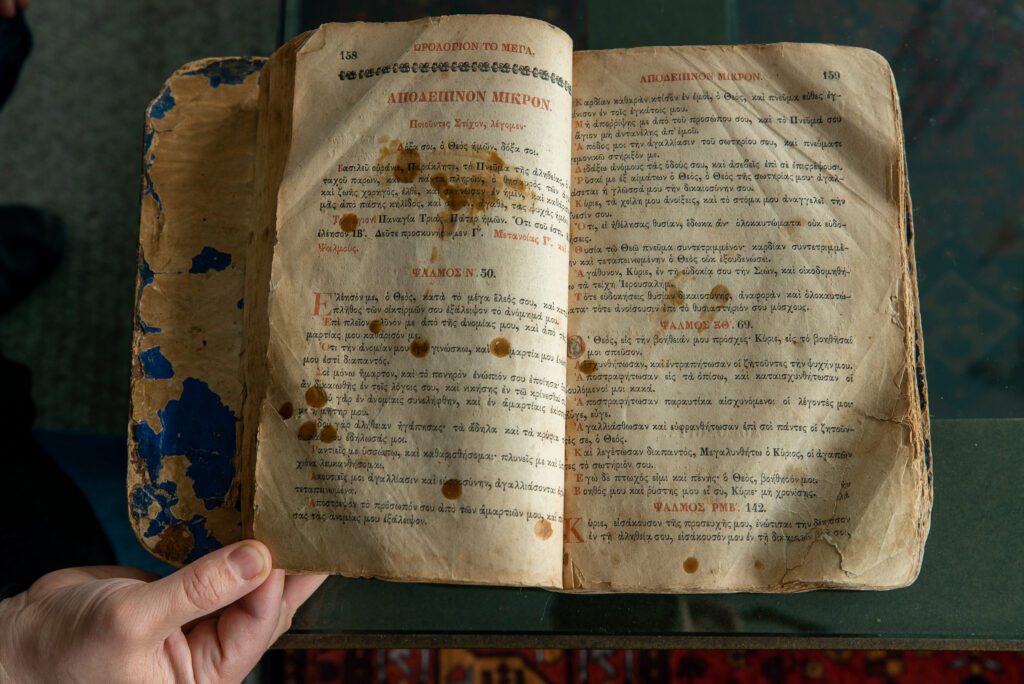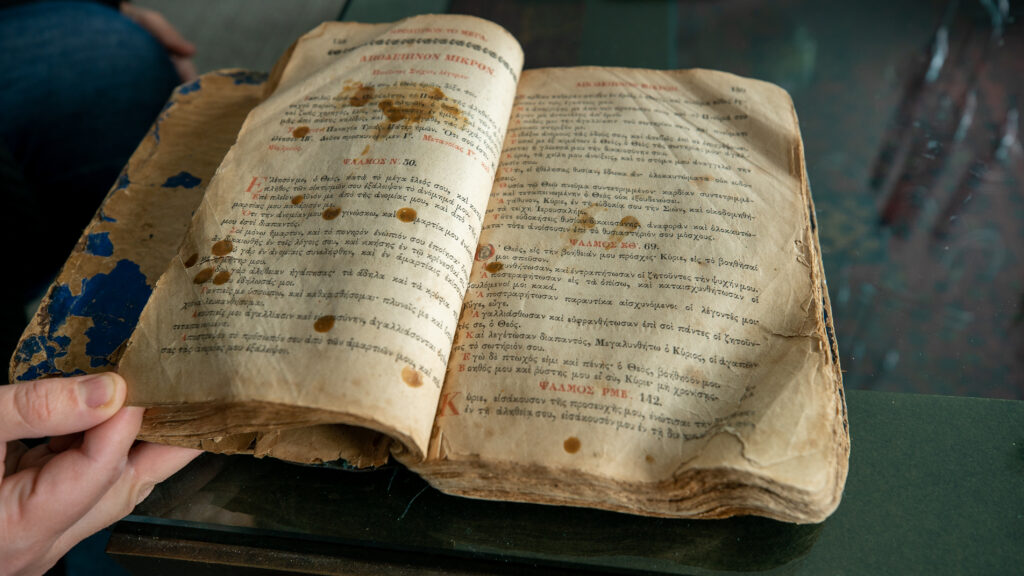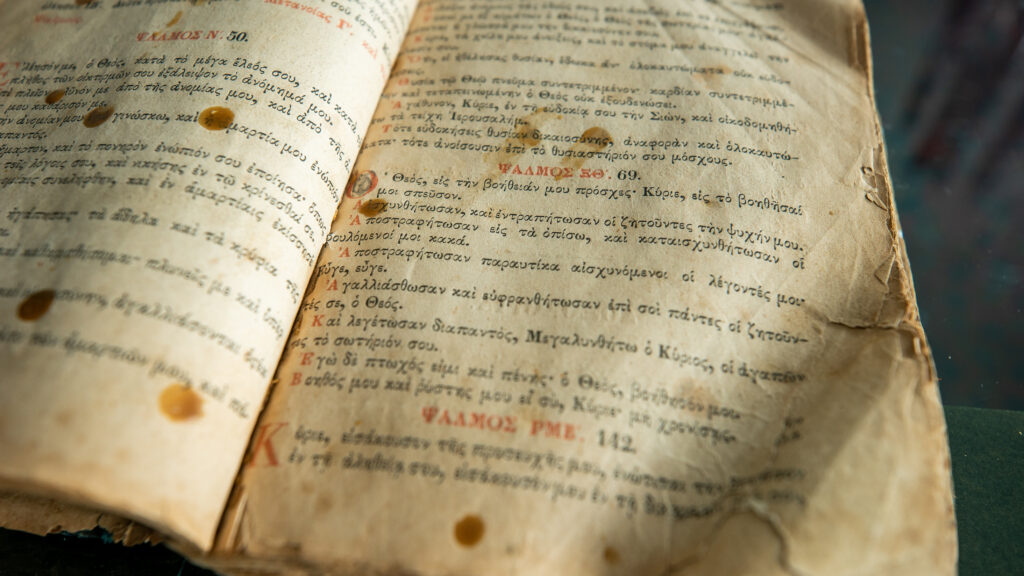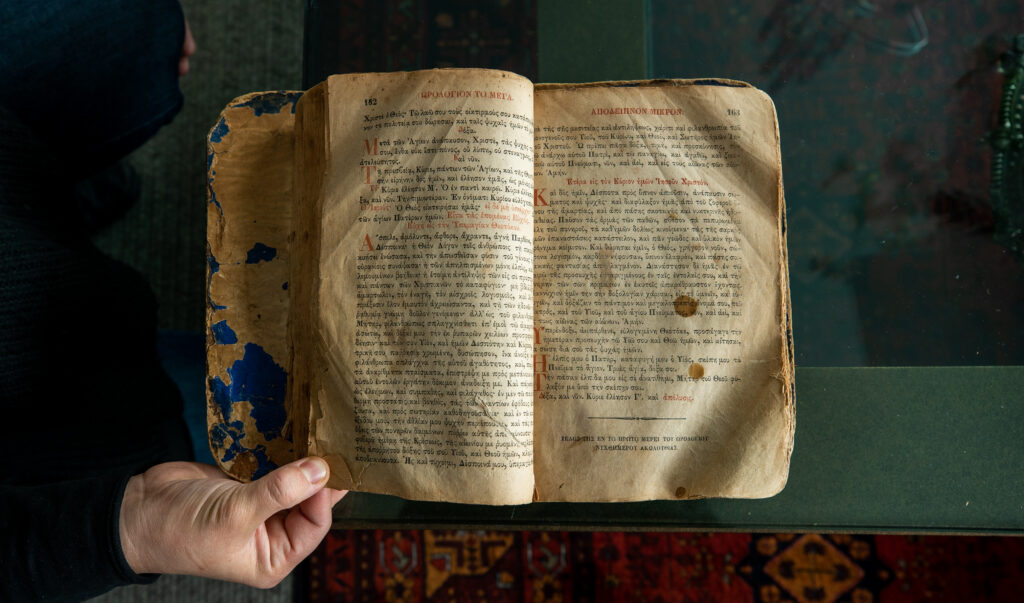Anastasios Kalamakidis was born in 1870 in Bor, Cappadocia. He was a landowner who poured a lot of hard work into his estate to secure a comfortable life for his family. At the beginning of the 20th century, he married Ermofili Kalamakidou, a priest’s daughter, also born in Bor in 1886. On December 25, 1901, they welcomed their daughter Viktoria, the first of their five children, followed by Giorgos, Rozina and Nikos. Giorgos left the family at the age of 12 to go live in Marseilles with a relative. He finished his school and university studies in France and then moved to America where he spent the rest of his life. The family’s youngest daughter, Kassiani, was born in 1922. Barely a year later, her family was displaced and they all became refugees.
The Kalamakidis family were designated exchangeable refugees. They only spoke Turkish which made their adjustment to their new circumstances even more difficult. They made it to Crete and were soon granted agricultural rehabilitation aid. They tried to rebuild their lives there and Anastasios Kalamakidis went into farming, a job he knew well. Later, the family moved to a refugee shack in Drapetsona, Piraeus. Anastasios rented a warehouse in the market of Piraeus on Karaiskaki Square and started trading oranges. His business soon became a success and he expanded his activities by exporting oranges to Italy. However, a large fire in the market area destroyed the Kalamakidis business, dealing a second heavy blow to Anastasios and his family. The family moved to Kallithea in the mid-1930s. Anastasios Kalamakidis once again tried to rebuild and restart his business activities but he was unsuccessful as his advanced age and the outbreak of the Second World War impeded his efforts.
Anastasios Kalamakidis, like most Greek residents of Cappadocia, was a devout Christian. Among the few objects brought over to Greece by his family was his hymnbook, which today is in the possession of his granddaughter Eri (Ermofili) Kouria. She remembers her grandfather reading the book, praying and singing the hymns. The candle wax drops on the wrinkled, faded pages attest to the fact that the book was well-used by its owner. A few years ago, Eri Kouria visited Bor and finally saw the house, the gardens, the trees she had heard so much about from her family. She was deeply moved because she felt like she could see her family past come to life.
